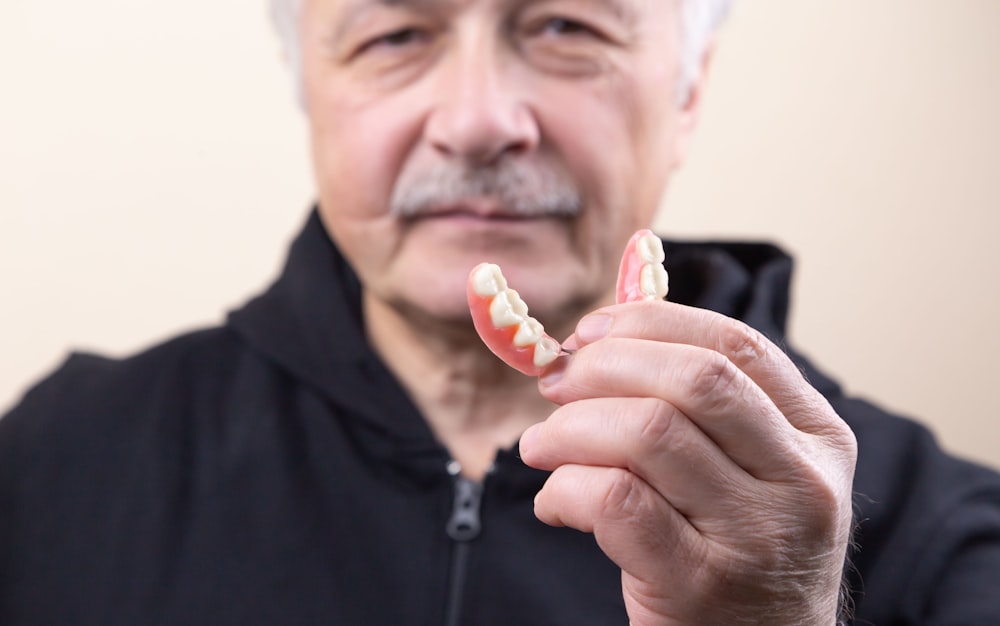Mastering Cavity Prevention: Essential Oral Hygiene Tips
Maintaining good oral hygiene is essential for preventing cavities and ensuring a healthy smile. From brushing and flossing to regular dental check-ups, there are several key practices you can incorporate into your daily routine to keep cavities at bay.
The Importance of Proper Brushing Technique
One of the most fundamental aspects of cavity prevention is proper brushing technique. It’s not just about scrubbing your teeth; it’s about doing it effectively. Use a soft-bristled toothbrush and fluoride toothpaste, and brush in gentle circular motions for at least two minutes. Pay close attention to the gum line and hard-to-reach areas, such as the back of your molars.
Don’t Forget to Floss Regularly
While brushing is crucial, it’s not enough on its own to remove all food particles and plaque from between your teeth. That’s where flossing comes in. Make it a habit to floss at least once a day, preferably before bedtime. This helps remove debris from between teeth and along the gum line, where cavities often form.
The Role of Diet in Cavity Prevention
What you eat can also impact your oral health. Limit sugary and acidic foods and beverages, as they can contribute to tooth decay. Instead, opt for a balanced diet rich in fruits, vegetables, lean proteins, and whole grains. Drinking plenty of water throughout the day can also help wash away food particles and neutralize acids in the mouth.
Regular Dental Check-Ups Are Essential
Even if you maintain a diligent oral hygiene routine at home, it’s still important to see your dentist regularly for check-ups and cleanings. Your dentist can detect early signs of cavities and other dental issues that may not be visible to the naked eye. Additionally, professional cleanings can remove plaque and tartar buildup, reducing your risk of developing cavities.
The Benefits of Fluoride for Cavity Prevention
Fluoride is a mineral that helps strengthen tooth enamel and makes it more resistant to decay. Many toothpaste brands contain fluoride, but your dentist may also recommend additional fluoride treatments or mouth rinses, especially if you’re at higher risk for cavities. Be sure to follow your dentist’s recommendations regarding fluoride use.
Avoiding Bad Habits That Can Lead to Cavities
Certain habits can increase your risk of developing cavities. Avoiding smoking and excessive alcohol consumption is not only beneficial for your overall health but also for your oral health. Additionally, refrain from chewing on hard objects like ice cubes or using your teeth as tools, as this can damage enamel and increase your susceptibility to cavities.
Teaching Good Oral Hygiene Habits to Children
Start teaching your children good oral hygiene habits from a young age to set them up for a lifetime of healthy smiles. Encourage them to brush and floss regularly, and make dental appointments fun and positive experiences. Limit their consumption of sugary snacks and drinks, and lead by example by practicing good oral hygiene yourself.
The Role of Genetics in Cavity Risk
While proper oral hygiene habits play a significant role in cavity prevention, genetics can also influence your susceptibility to tooth decay. Some people may be more prone to cavities due to factors such as enamel strength and saliva composition. If you have a family history of dental issues, it’s especially important to prioritize oral hygiene and regular dental care.
Maintaining Good Oral Hygiene Throughout Life
Cavity prevention isn’t something you only need to worry about during childhood. It’s a lifelong commitment that requires consistent effort and attention to detail. By adopting healthy oral hygiene habits early on and maintaining them throughout your life, you can enjoy a cavity-free smile and optimal oral health for years to come. Read more about cavity oral hygiene




